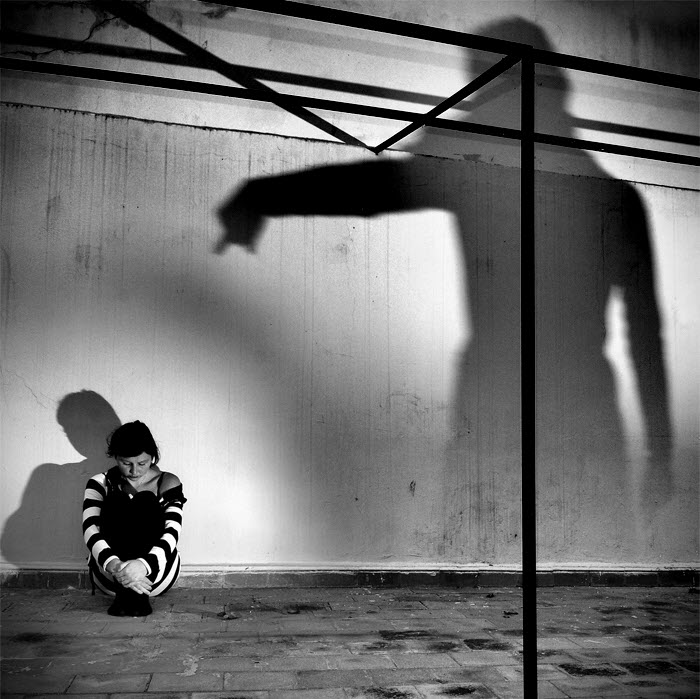Forget Me Not: Guilt and Confusion

Do you ever feel guilty that you left your abuser? Perhaps you question if the abuse was really that bad. Or maybe you wonder if your children would be better off had you stayed. Did you make up the stories in your mind? Maybe it wasn’t really domestic abuse at all? Maybe you made the wrong decision for yourself and your family. Maybe, just maybe, he/she wasn’t the monster you believe them to be.
As victims of domestic violence, I believe we often find ourselves questioning what reality we really live in. Even now, so many years out, I find myself questioning my version of the story. Maybe he didn’t mean to say those things. What if he wasn’t trying to confuse me? He was so young and perhaps he really did not know any better. After all, look at how he grew up; look at who his role model was.
Each time I begin to question my recollection of events, I do my best to look back on how each situation actually took place. I know I’m not making up what happened. Everything I write consists of words he used and actions he inflicted. Even though I know that my words are truth, I also know that my abuser wanted me to believe I was crazy. And, to a certain extent, he was successful. As you can see, even to this day, I sometimes question my own beliefs. I do understand, however, that the reason I sometimes struggle with these skewed beliefs is because of a certain type of emotional abuse. It’s called gaslighting.
Gaslighting is “an extremely effective form of emotional abuse that causes a victim to question their own feelings, instincts, and sanity, which gives the abusive partner a lot of power (and we know that abuse is about power and control). Once an abusive partner has broken down the victim’s ability to trust their own perceptions, the victim is more likely to stay in the abusive relationship.” — The National Domestic Violence Hotline
When you have been subjected to this kind of emotional abuse, you do not just automatically revert to “normal” belief patterns and thinking once you are free of the abuser. Many of these belief patterns remain and you are forced to reevaluate each one, creating a new belief pattern that is not altered by the brainwashing of your abuser.
When you find yourself questioning whether or not the abuse you suffered was real, or to the magnitude you remember, just remind yourself of the facts. What actually happened? Where you manipulated, called names, physically assaulted, or emotionally torn down? What words did your abuser use? Were they kind and loving, or hurtful and demeaning? Think about the facts of what happened and not necessarily the emotions attached to them. If they look like abuse, they are. Don’t question your sanity while your mind plays tricks on you. Remember that you are worth more, then pick yourself up and move forward. Practice being sure of yourself. Life is too short to live in guilt and confusion.
Read the Forget Me Not Series here and visit the Forget Me Not Advocacy Group’s website.
